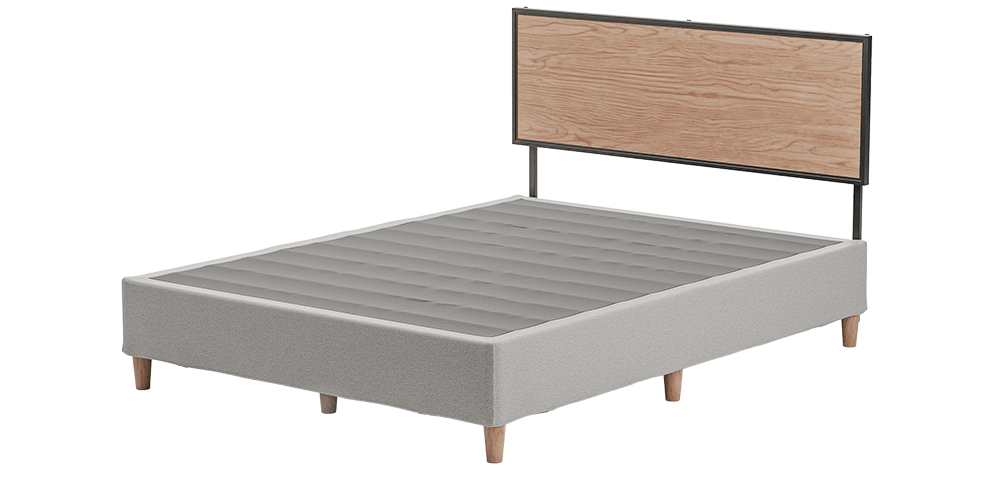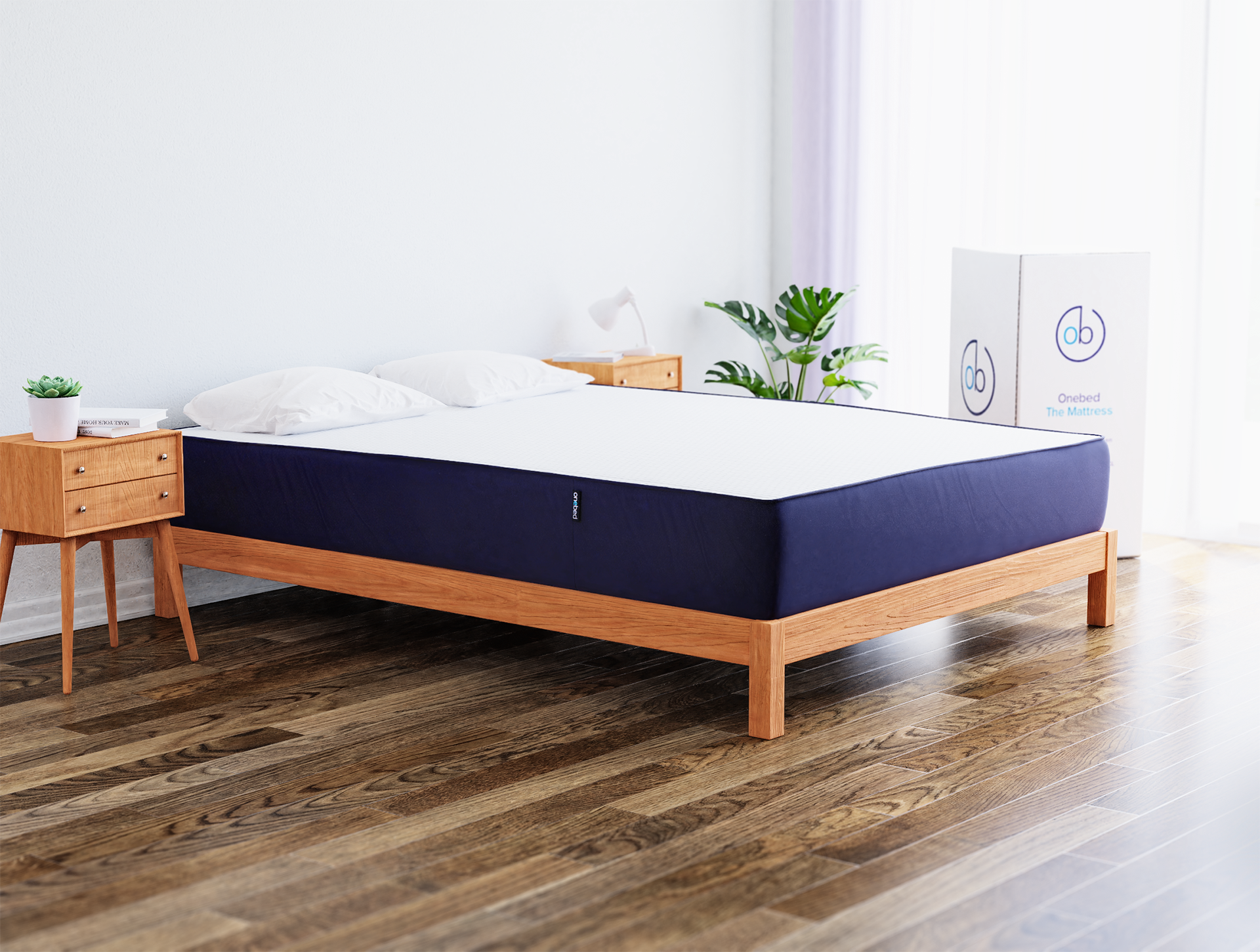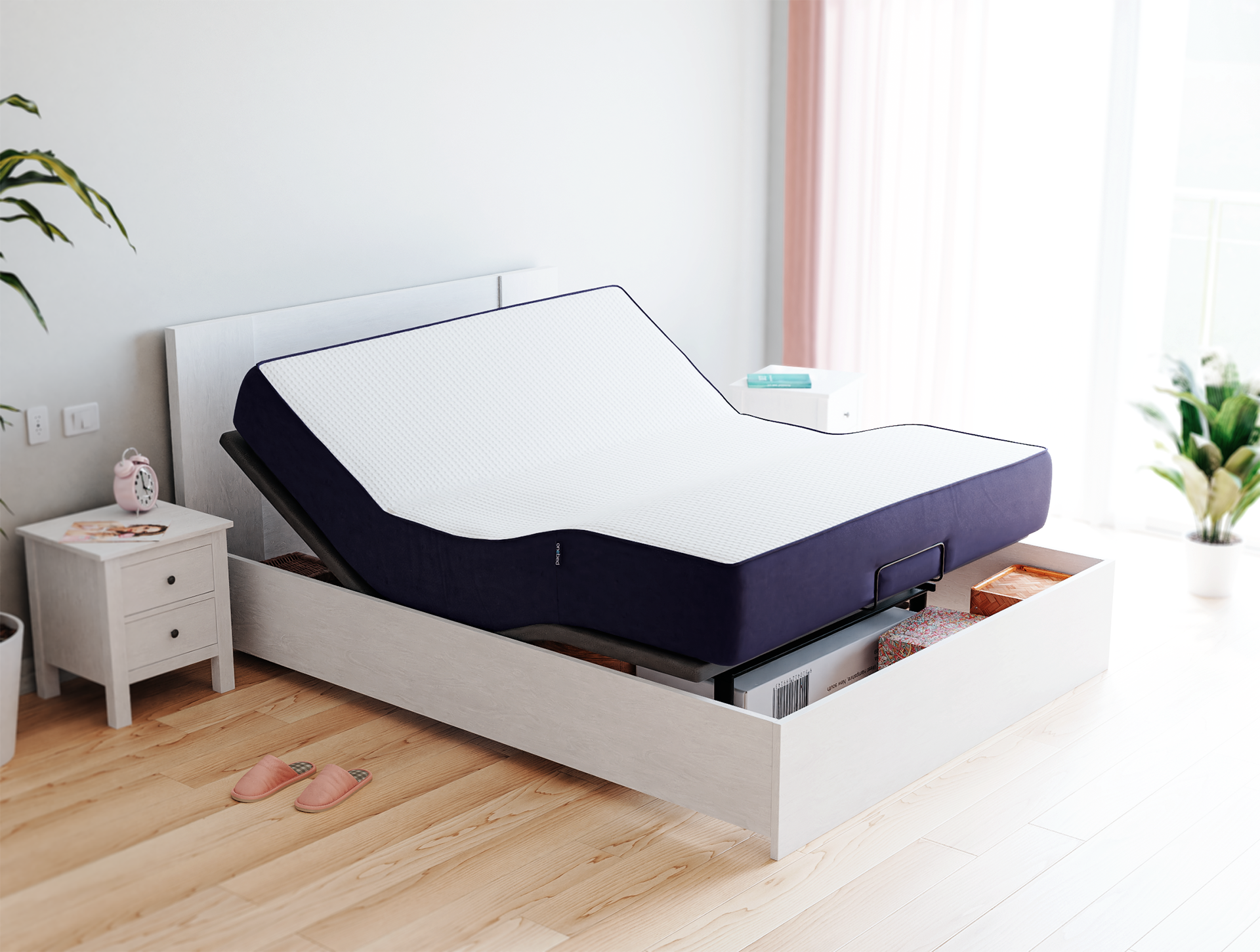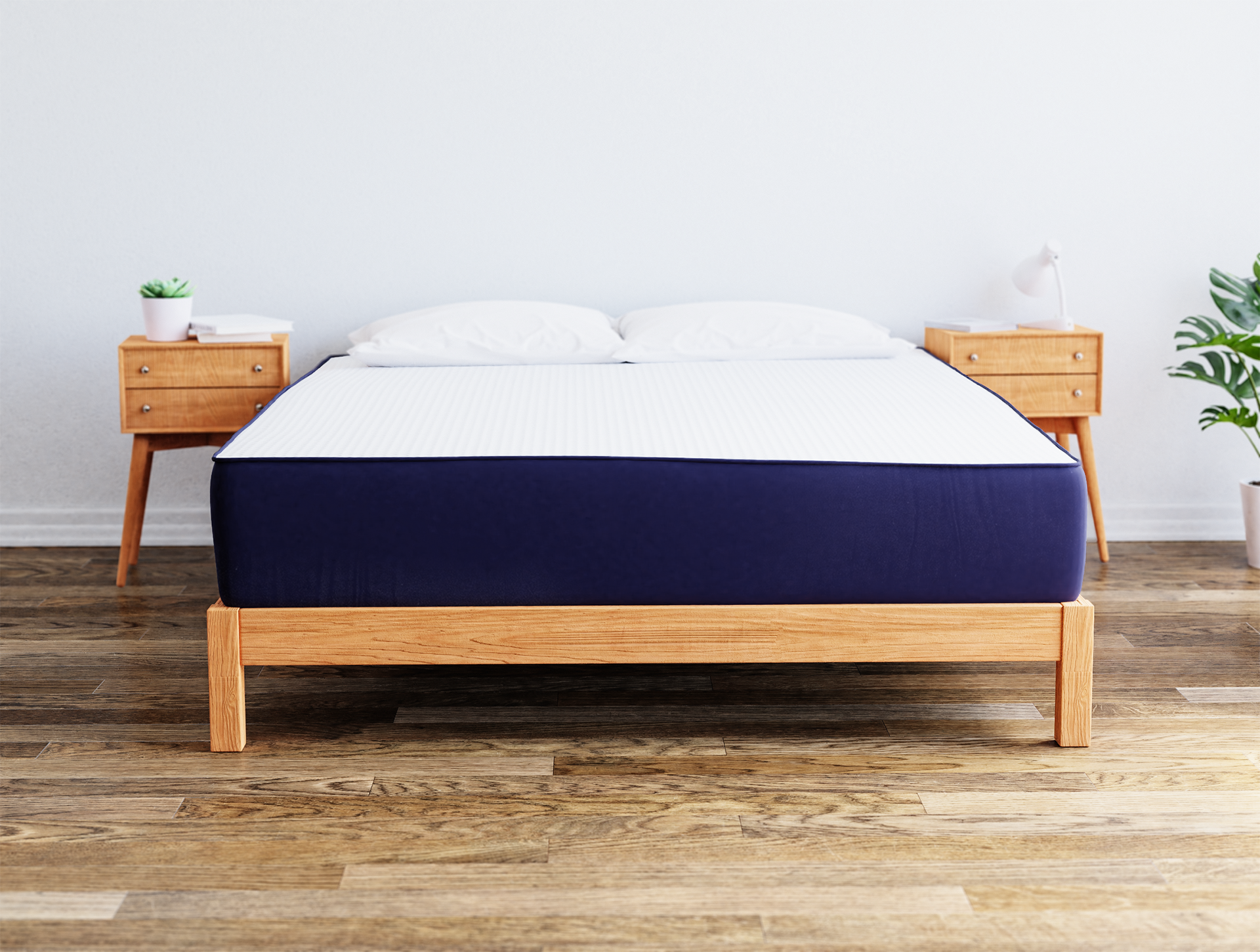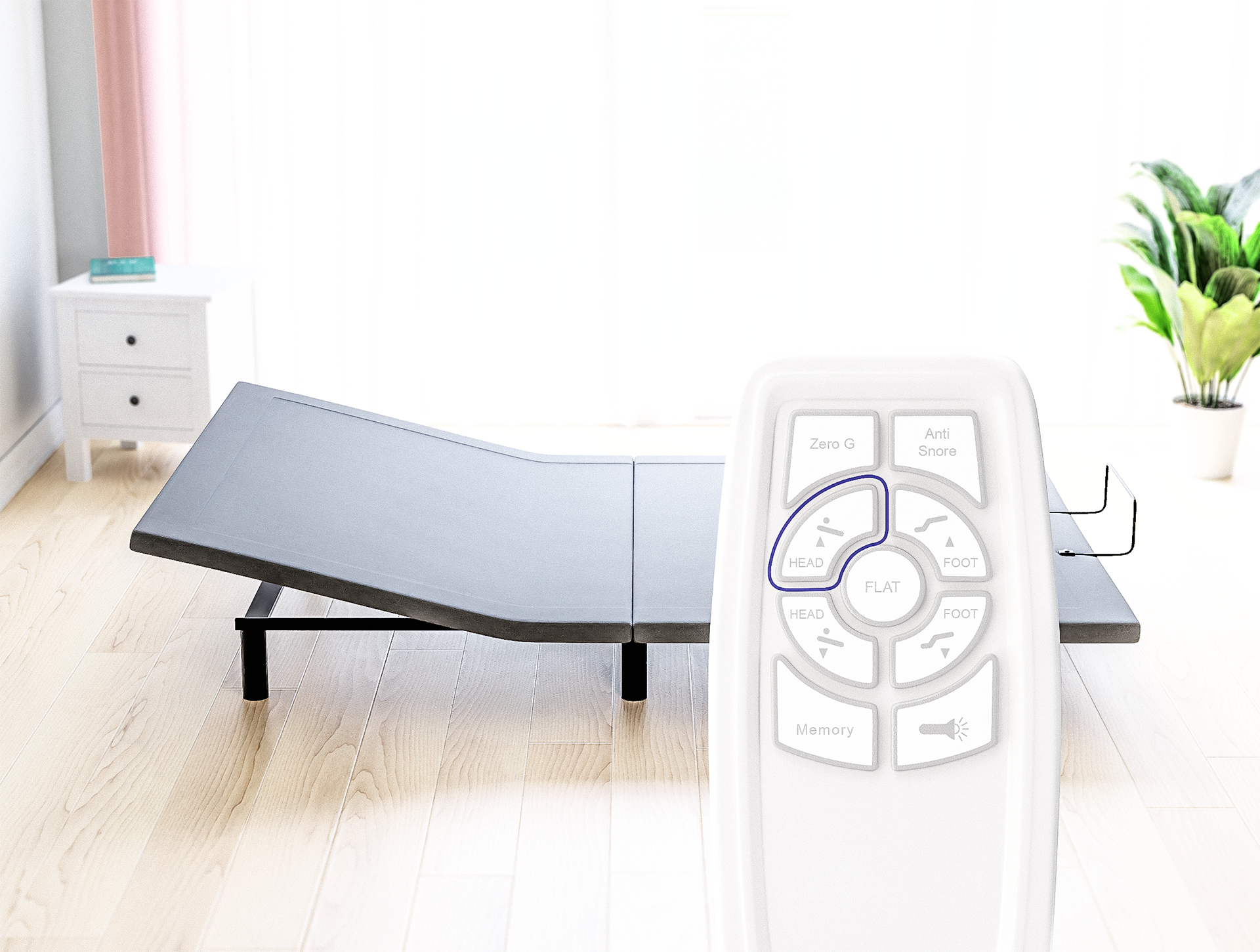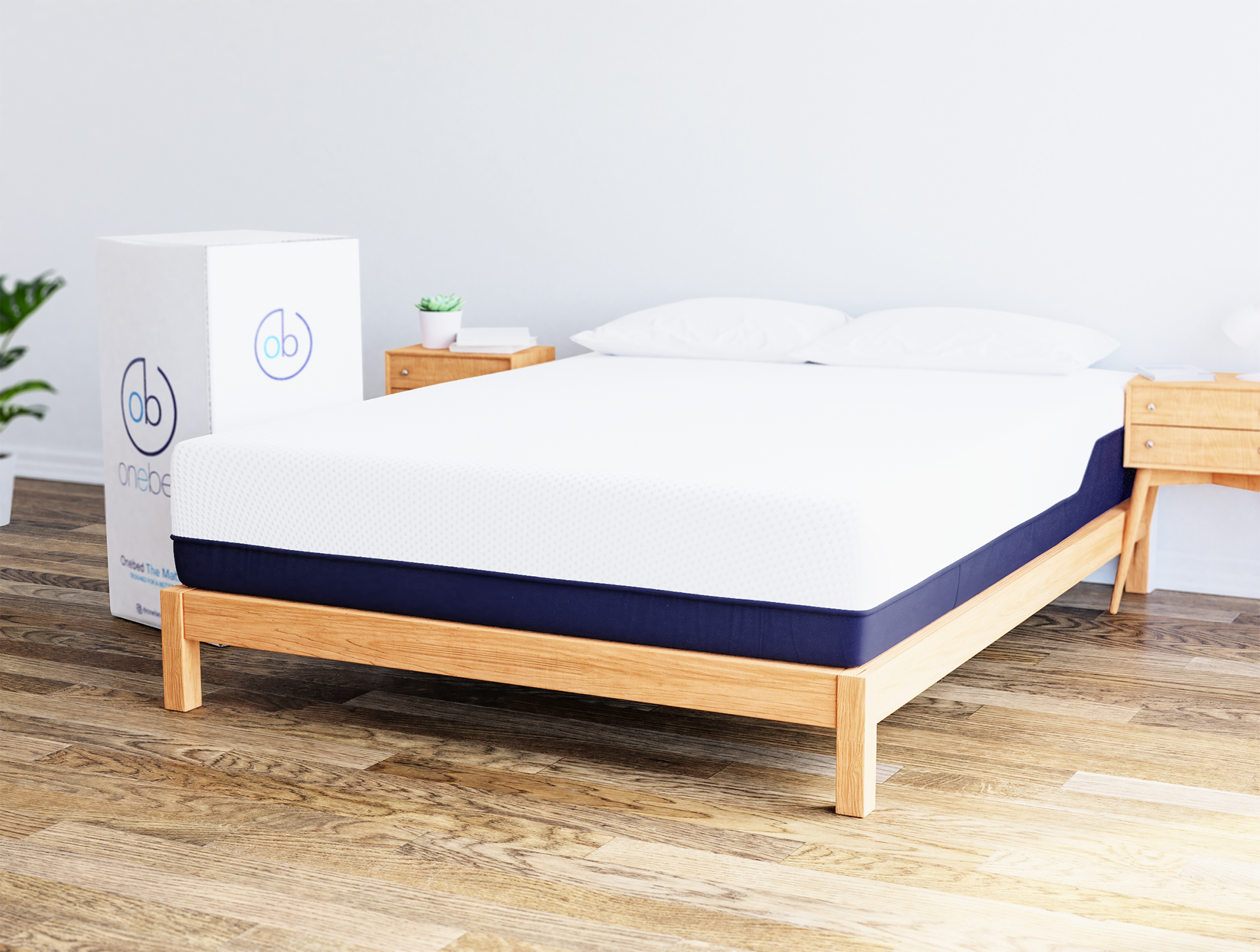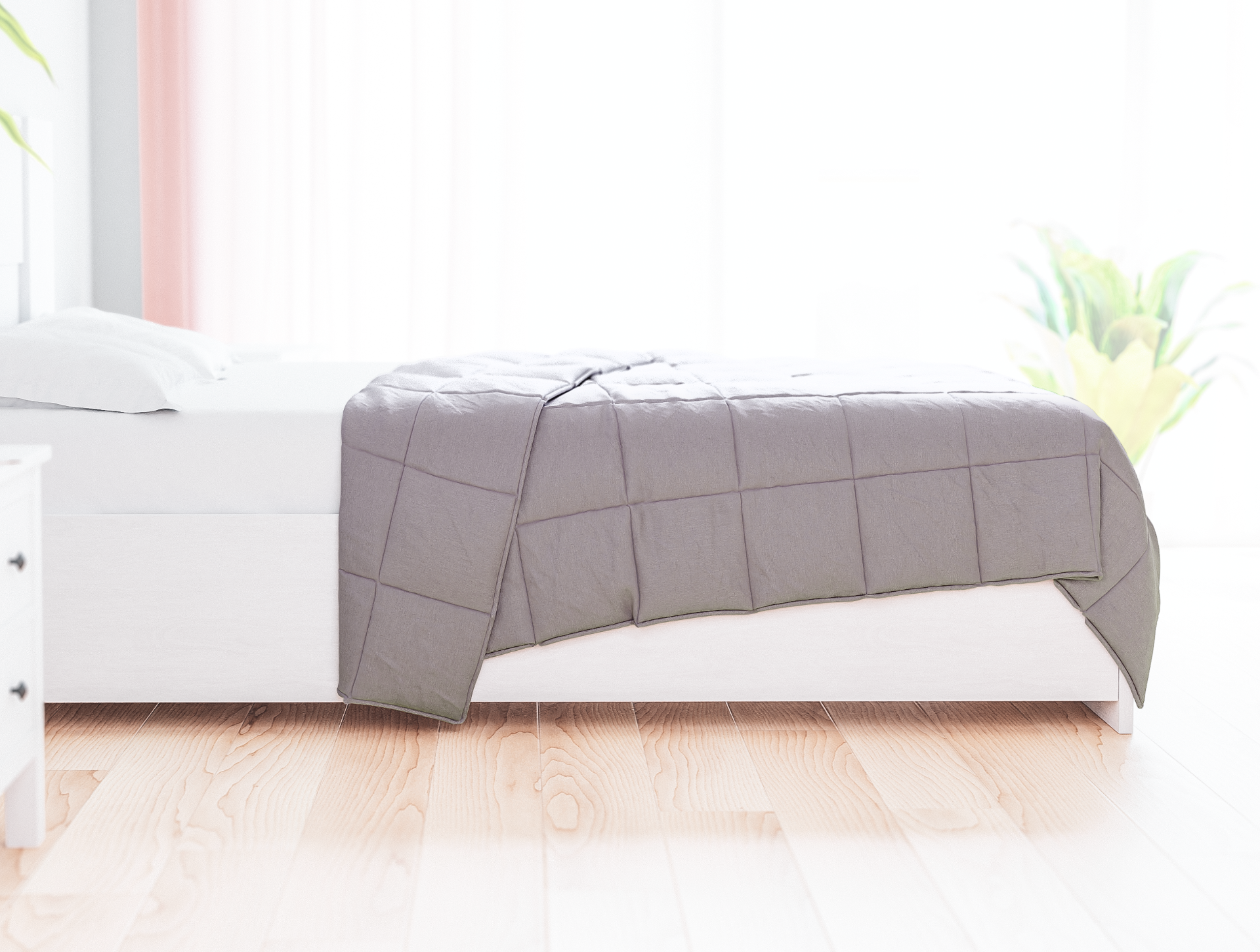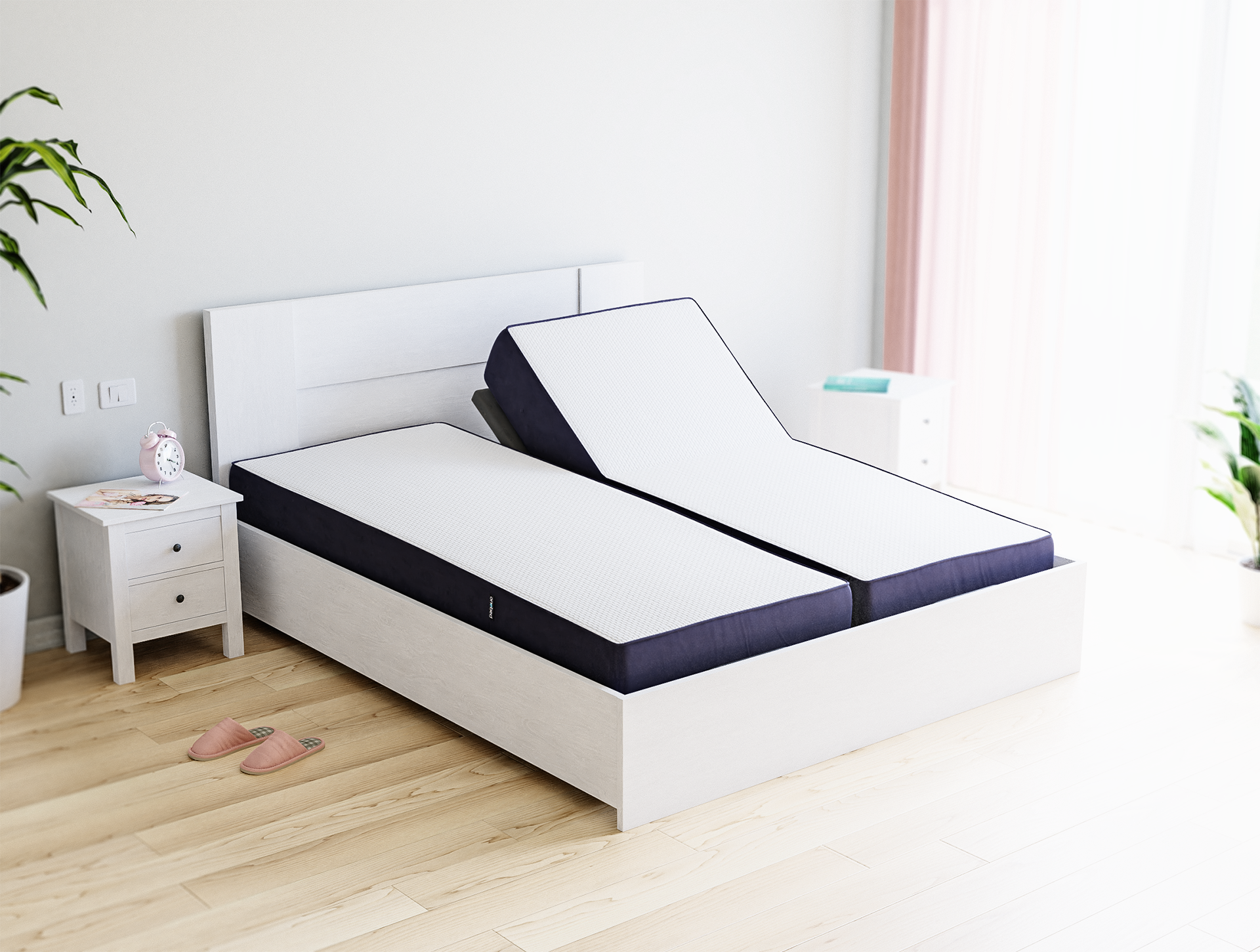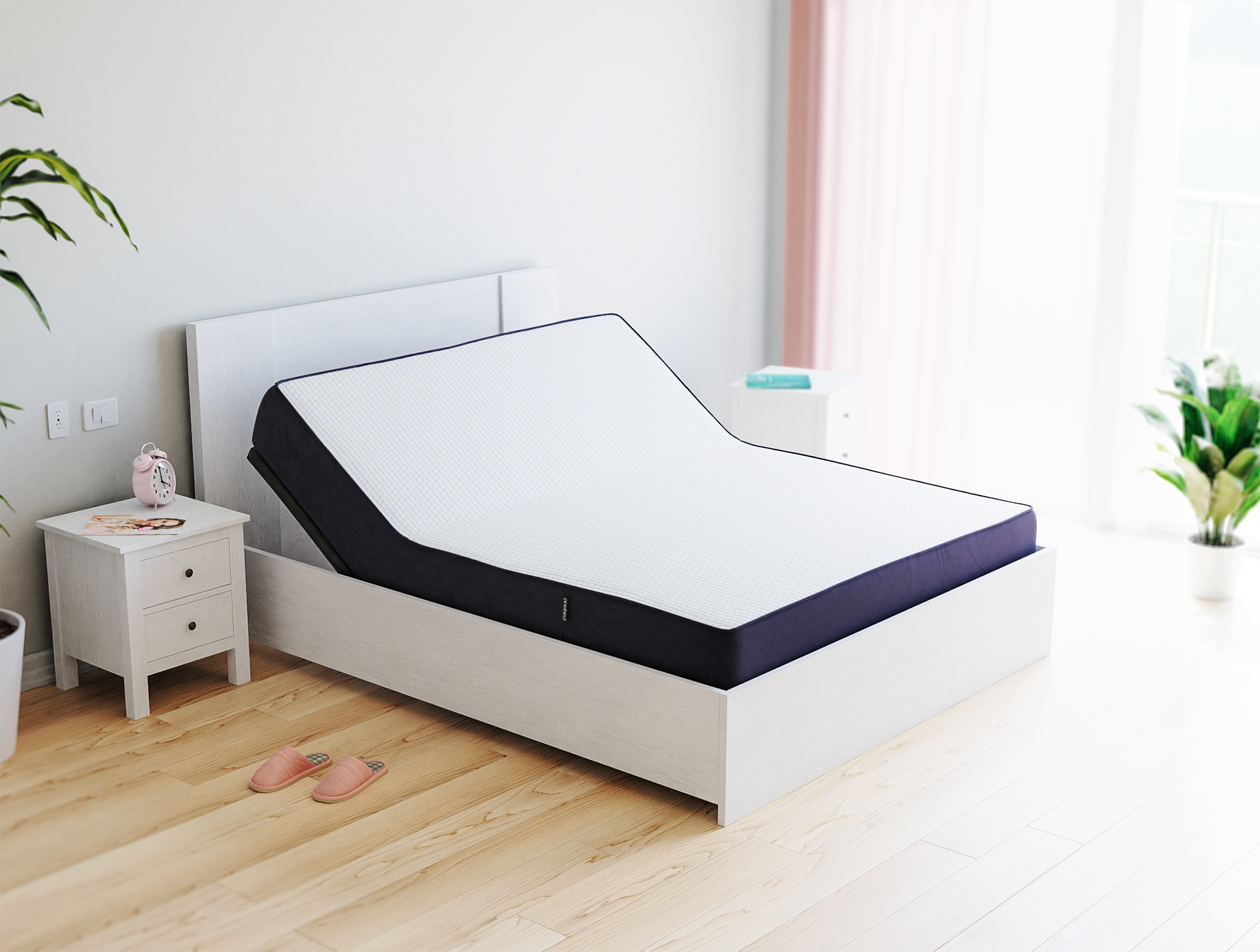Back pain is one of the most debilitating pains you can have. There are many different reasons that you can be experiencing back pain. One of the things that you can do is to get a good mattress.
On the other hand, having a bad mattress can also be a source of back pain. There are many different things that you need to take into consideration. The first thing is determining the source of pain. You want to make sure that it’s not due to an injury.
There are as many, if not more forms of back pain as there are words to describe the pain itself. The back encompasses the spine, the ribs, and even parts of the neck, all of which are particularly vulnerable bones and nerve centers. As such, it is very easy for the back to become hurt, and many forms that pain can take.
Sprains
A sprain refers to the injury of a ligament in your back. Ligaments are essentially your spine’s support beams, and by extension, the spine’s facet joints. While sprains are temporary, they can really hurt in bad enough cases.
They’re typically caused by moving in a way that puts a strain on the ligaments, such as twisting too far, too fast, or bending at a really uncomfortable angle for too long or simply bending that way too far.
Sprains are like cramps, in that prevention is all a matter of living a healthy lifestyle: regular stretches, eating a healthy diet, etc. While this will not prevent sprains from ever happening, it can at least lower the chances significantly.
Spinal nerve compression
This is what happens when the root of a spinal nerve is pinched, pressed down on, or otherwise compressed. This causes it to inflame and send rampant messages to the brain that it has been hurt. A good way to avoid this is to get regular amounts of exercise. Particularly focusing on the back muscles, to strengthen them, shortening the risk of your spinal nerves becoming compressed.
Degenerative disc disease
If you are a writer or someone else at risk of back pain, you are definitely at risk of this if you don’t alter your course immediately.
Degenerative disc disease isn’t so much a disease, as a result of discs pressing against the nervous system of the spine as we grow older. This is made worse if you had a habit when you were younger of bad posture or bending your back forward for long periods of time. As such, the best way to prevent this is to maintain a good posture whenever possible, in order to keep this disease from worsening later in your life.
The back is a carefully constructed part of the body. So much can go wrong if not properly maintained, and that which goes wrong can be felt for the rest of your life, due to the abundance of nerves gathered there. If you are suffering from back pain, ask your doctor how you can not only be treated, but what steps you can take to avoid this pain in the future.
On Choosing the Right Mattress for You
When it comes down to it, there are certain things you should look for and evaluate when choosing the right mattress. Even though you can’t guarantee that you will get the perfect mattress most of the time, you will get just a little bit closer if you follow these tips to get yourself a mattress that will work for you, last you a very long time, and in the long run, save you money in the case of you being disappointed with the purchase you might have made.
Firmness
Contrary to popular belief, a firmer mattress isn’t always the best thing for your back. Sleeping on the wrong mattress can cause, or even worsen your back pain, as it would reinforce poor posture, strain your muscles, or just mess up your spine alignment.
You need a mattress that provides both comfort and back support. Though keep in mind that there is no one mattress that works for every single person out there who suffers from back pain—any mattress that helps you sleep without pain or stiffness is the best mattress for you, so don’t feel embarrassed about laying on a mattress in a store for fifteen minutes. It’ll give you the perfect reaction time to the bed, how it feels after being on it for a while, and how your body will adjust to the mattress and vice versa.
The Type of Mattress
There is a myriad of mattresses out there for you. For one thing, if you find yourself feeling more comfortable being in a reclined position than lying down on your back, why not go for an adjustable bed? If you are more heavyset, try a mattress with a pillow top, as the extra cushion and the coils will allow for a lot more comfort. Explore every option you have and always ask questions about the mattress—and always, always take it out for a test drive.
Ask About the Guarantees
If you still aren’t completely certain if you would like a certain mattress, ask about the money-back guarantee. Some mattresses offer a 30-day money-back guarantee, which will give you just enough time to really decide if it’s what you want or not and give you the option of not investing all of your money on uncertainty.
Before buying, also inquire about comfort guarantees, and be sure that you completely understand the details, any extra fees, and the amount of time you have to return the mattress.
Don’t be afraid to ask for help when searching for the perfect mattress. It is a big buy and you don’t want to regret it.
Just How Long Does a Mattress Last?
How often is too often when replacing your mattress, and how often is not often enough? When it comes to a lot of other products you own, you are usually able to decide right off the bat if you need a replacement or not. If something’s not working the way it used to, or there is tear and wear on your product, it’s time to toss it out and make room for a new and improved replacement.
However, what about your mattress? Can you tell you need a new mattress just as easily as you can tell you need a new phone or a shirt?
Mattresses are incredibly important for the sleeping process. It’s not just about being able to fall asleep as well as having undisturbed sleep, but it is also about how your body feels after you wake from your beauty sleep. Is there muscle soreness anywhere along your body? Any numbness, aches, or pains? What about stiffness in your neck, shoulders, or back? This might indicate that your mattress is too old and is no longer catering to your needs.
It is usually recommended that you replace your mattress every seven years, albeit a lot of mattresses usually lasts for five to ten years, though its lifespan is dependent on the quality of the mattress.
There is truth in that rotating your mattress can help extend its lifespan, but if you are waking up tired after a good night’s rest, or have evaluated your own mattress and can see that it is visibly lumpy or even saggy, then it’s high time you’ve changed it. Especially if flipping the mattress doesn’t help your disposition.
You also want to check your mattress for any unattractive stains it may have collected over the years. There are plenty of harmful germs or even bugs that could find their way into your sleeping environment, such as dust mites, bed bugs, bacteria, and allergens.
These different bacteria and organisms can cause rashes, constant sneezing, itchy eyes, and sickness. So, in order to keep everything clean and fresh, free of the oils and bacteria, you want to get a new mattress that will provide more support to you and help you get the sleep you deserve. Don’t risk a good night’s sleep just because you think it’s just for tonight.
Keep in mind that the bed isn’t the only thing that changes over time. Your body changes, whether it is naturally or because of an unfortunate accident, thus increasing the need for comfort and support. Once you start to notice discomfort and think it might be your mattress, it is never a bad idea to compare your mattress to other models out there to find the best match for you. A mattress can last up to ten years, give or take depending on many other factors, but that doesn’t mean you have to stick with it for so long.
Do You Share a Bed?
So, after getting married, you’re finally moving in and settling with your spouse. You set up a checklist of things you’ll need to buy—and then there comes the shared, big, very expensive but absolutely necessary, mattress.
You’re going for a King Size bed, good choice, by the way, but you suddenly realize how incredibly difficult it is to please both you and your spouse. You realize that you both aren’t agreeing on a single bed, and it seems that compromise is going to be the only way to go in this situation. But why is that?
When it comes to spouses shopping together for a mattress, it’s most likely that they both won’t have the same level of comfort. One might like very soft mattresses with extra cushion, while the other would prefer a firmer mattress. One might want pillow tops while the other would prefer a normal, flat mattress.
One could like how it feels to sleep on foam while the other would find it too uncomfortable and weird to feel like they’re sinking every time they lay down in their own bed. So, when you’re selecting a mattress, be sure that you both agree on how it feels without having to fully compromise your comfort.
You must think about your personal needs and your luxuries. If you suffer from back pain, speak about this to your partner and see what you can both work out.
Here’s another tip—think about the way you sleep. Do you take up a lot of space? Do you move a lot? Would you two disrupt each other while you both sleep? If so, make sure there’s enough space for the both of you on the bed, and look into the different types of beds out there.
There are mattress models that exists that will respond to the sleeper’s movements without transferring that motion to the other sleeper. This way, you won’t wake up your partner in the middle of the night because you tend to shift a lot in your sleep.
Are you a sweaty sleeper as well? If you are, and your partner wants to avoid that (who wouldn’t?), It’s best to stay away from mattresses that have excessive padding, as these mattresses trap heat and make your sleeping environment too hot and unpleasant.
Be sure to discuss the price with your spouse as well. If you have both set a price range, be sure to stick to it, but don’t buy an uncomfortable mattress just to keep in the budget. Discomfort can easily become long-term, and you want to avoid that at all costs.
In the long run, you want to find a mattress that will be the perfect fit for you and your partner. Unless you are both sleeping on the floor, there is no real hurry when it comes to buying your mattress. Take your time exploring and be absolutely sure about your buy before you swipe that credit card.
And research—it can take you a long way and save you a lot of traveling once you know what you’re looking for.
What about Your Pillows?
Sleep is everyone’s favorite hobby, whether they like to admit it or not. Truthfully, there seems to be nothing more uplifting or more empowering than a nap when you finally catch a break or a good night’s rest after a day that just went on too long. However, there are times when you would find yourself struggling to stay asleep, no matter how heavy your eyelids and tired your body. You are being followed by a certain discomfort, and for as long as you try to figure it out, you can’t pinpoint the cause—but it just might be your pillow.
Yes, your pillow, as attached to it as you might be. The wrong pillow could actually be costing you a good extra hour or two of sleep. Here are 3 signs your pillow just isn’t the right pillow for you.
Neck Pain
Finding the right pillow for, you can drastically improve neck pain, and could quite possibly cross it out altogether. In most cases a pillow is meant to offer your neck and spine good support for proper alignment, thus, choosing the right pillow will allow you more comfort as it will keep your neck in the proper position. This goes hand in hand with the next sign.
Constant Shifting
How often do you shift in bed to try and find the right position to sleep in? For whatever reason, nothing seems to feel right. Here’s why: your pillow is probably not catering to your sleeping style. If pillows help keep the neck and spine aligned, you must find the right pillow which not only does the former, but also caters to how you sleep, whether you sleep on your back, on your side, or on your stomach. Be sure you find the right pillow that follows a natural curve of your back and neck, one that isn’t too high or too flat. And finally, the last sign…
Loss of Effectiveness and Dust
It’s no doubt that most things lose their effectiveness over time. Even pillows lose their shape and fluff over the years, and soon start to collect dust and other allergens that could make sleep uncomfortable for you. When it comes to sleep, you always want to look for quality, as loss of sleep has shown signs of increased stress, heart problems, weight change, and change in appetite. Apparently, you should replace your pillow form every 6 months to every 2 years.
Also keep in mind, for you new mattress buyers out there, that buying a new bed usually means buying a new pillow as well, as the gap the pillow is meant to fill will change. It’s important that you look at all your options, and work to find the right pillow for you. If you have only been sleeping with very soft pillows, try pillows that are firmer. If you’re prone to allergies, invest in a hypoallergenic pillow. There are a number of options out there that tickle a variety of personal preferences and personal or special needs. And if you find the perfect pillow? Get more than one!
Ready to Start Shopping?
Humans spend about one-third of their lives asleep. All that time warrants a comfortable mattress, but with so many options it can be a daunting process. While skimping on a mattress might cause back pain or uncomfortable sleep patterns, not everyone has deep enough pockets to splurge on the greatest and newest. The following tips can help anyone pick the best mattress for their needs.
Do the research and have a budget
With the overwhelming amount of options out in the world of mattresses, having a plan of attack is essential. Someone in the market for a new mattress must know how much they are willing to spend before they even walk into the store. Mattress stores are notorious for trying to tack on adding accessories and superfluous warranties that aren’t a necessity. By knowing what one has to spend and by what isn’t necessary, the buying experience can be pain-free and efficient. It’s possible to find a mattress within a budget if a buyer is clear and consistent with what they’re looking for.
Understand the different kinds of mattresses
The buyer should know what mattress would work best for them. There are plenty of different options including Tempur-pedic/memory foam, and sleep number beds. One also needs to consider the difference between a plush and firm mattress. By understanding the different options, and by understanding what works best for them, a buyer can cut down the time spent trying out each kind of mattress. Consequently, less time will be spent being coerced into unnecessary deals spewed by the salespeople in the store.
Don’t be afraid to bargain
This isn’t always possible, but in the big chains, the price is almost always flexible. If a buyer has chosen a mattress, but isn’t completely satisfied with the listing price, they shouldn’t be afraid to haggle. It’s important for the buyer to let the salesperson know that they’re interested in the model, but unwilling to pay the full price. It may open up a window of negotiation that could end up saving them a little extra cash.
Take advantage of the in-home trial period
Most mattresses come with a trial period. It’s important to take advantage of this and lock in a good warranty. Most reputable retailers will allow 30 to 125 days to try out a mattress in-home. If the buyer hates it, they’ll usually be able to refund it in full or exchange it for something else within the store. It might take a few days, but eventually, the new mattress should feel better for the owner. If not, it may be a sign that it’s not the right mattress. It’s important to make sure the new mattress allows the owner to wake up feeling rested, comfortable, and able to sleep through the night.
Buying a mattress can be a daunting process, but with the above tips, the experience can be quick and enjoyable. By making sure adequate research is done and the buyer knows exactly what they’re looking for, the buying experience can be virtually painless. There are so many different options out there, but do the research to ensure that you get the right bed for your needs.










